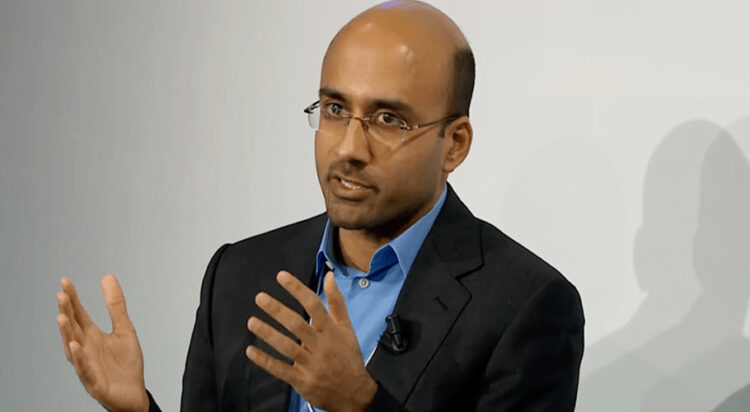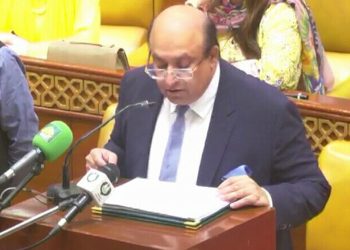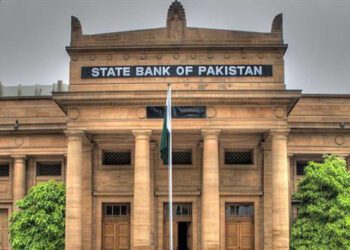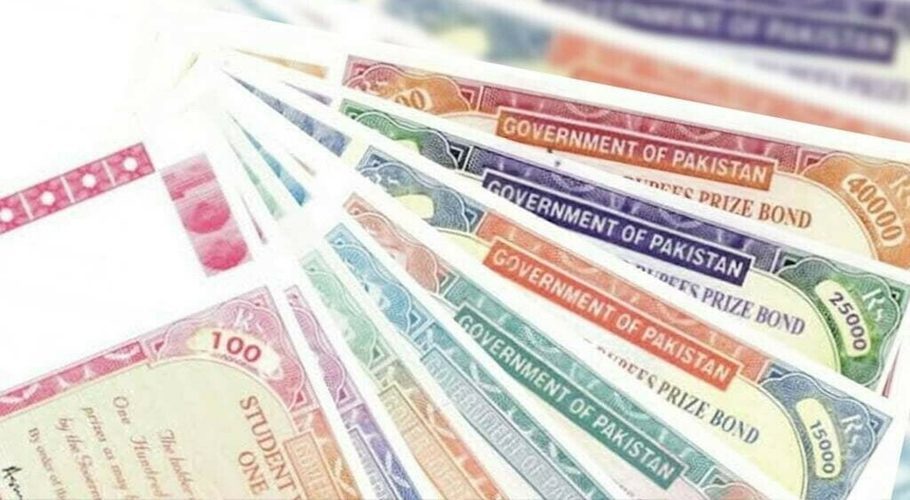Atif Mian, a prominent Pakistani-American economist, has described the last two years as the worst in Pakistan’s economic history, asserting that the country is trapped in a “poverty trap” and that only a significant policy shift can provide an escape.
Taken to X (formerly known as Twitter), professor of Economics, Public Policy and Finance at Princeton University pointed out that Pakistan’s economic plight is increasingly being attributed to decades of poor governance.


He stressed that poverty, while devastating, presents a potential advantage: the willingness of people to work for less and the availability of knowledge that can boost productivity.
Mian argued that if the government could effectively harness these factors, the country could achieve growth and prosperity, as demonstrated by nations like Vietnam and South Korea.
Mian highlighted that sustaining a lack of growth over long periods typically requires considerable effort, but some nations manage to do so through collective missteps, remaining ensnared in what economists refer to as a “poverty trap.” He presented evidence suggesting that Pakistan has fallen into this trap due to long-standing malpractice.
Using data from the 1980s, Mian noted a continuous decline in Pakistan’s growth rate, leading to economic stagnation. He remarked, “Pakistan is stuck in a poverty trap.”
Reflecting on the current situation, Mian said that the past two years have been the worst in Pakistan’s economic history. “I have never witnessed such hopelessness on the streets of Pakistan as I do now. It feels as though anyone who can leave the country is trying to do so. This perception is supported by the surge in the number of people seeking visas abroad,” he added.
































